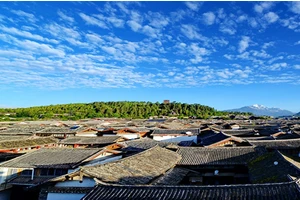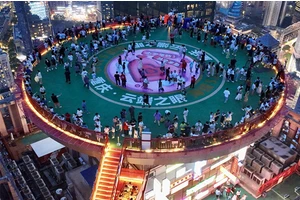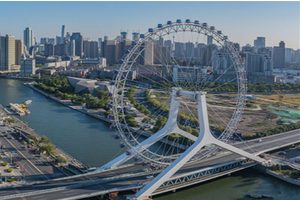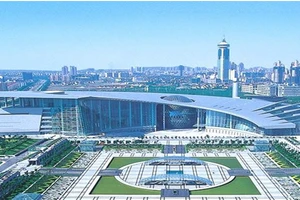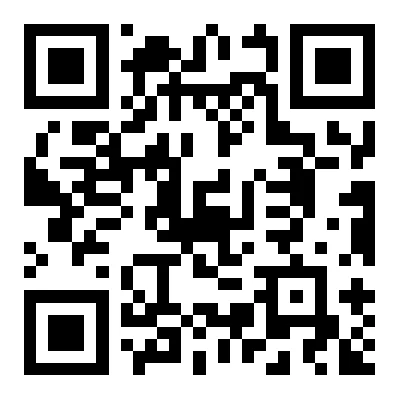Tourism development strategy
The functional strategy of travel agencies mainly includes marketing strategy, product development strategy, operation management strategy and human resources strategy.
First of all, marketing strategy is a key part of the functional strategy of travel agencies. It involves how to position the products and services of travel agencies to meet the needs of the target market. For example, a travel agency may choose to focus on providing high-end customized travel services to attract high-net-worth customers. In order to achieve this goal, travel agencies need to formulate corresponding marketing strategies, such as pricing strategy, promotion strategy and distribution strategy.
Secondly, product development strategy is very important for the success of travel agencies. Travel agencies need to constantly develop new tourism products to meet the diverse needs of customers. For example, with the rise of eco-tourism and experience tourism, travel agencies can develop related tourism products, such as hiking, adventure travel and cultural exchange activities. These new products not only help attract new customers, but also improve the satisfaction and loyalty of existing customers.
Furthermore, the operation management strategy is the key to ensure the efficient operation of travel agencies. This includes how to manage the internal resources of travel agencies, such as staff, facilities and funds, and how to optimize business processes and improve service quality and efficiency. For example, travel agencies can simplify the booking process and improve the response speed of customer service by adopting advanced information technology systems, thus improving customer satisfaction.
Finally, human resource strategy is of great significance to the long-term development of travel agencies. Travel agencies need to attract and retain employees with professional knowledge and skills to provide high-quality services. Therefore, travel agencies can formulate a series of human resources policies, such as providing competitive salary and benefits, regular training and career development opportunities, so as to motivate employees to work hard and contribute to the success of travel agencies.
To sum up, the functional strategy of travel agencies covers marketing, product development, operation management and human resources. These strategies are interrelated and mutually supportive, which together constitute an important part of the overall strategy of travel agencies. By formulating and implementing these strategies, travel agencies can better meet the market demand, enhance their competitiveness and achieve sustainable development.
For example:
The basic concept, theory, preparation, evaluation, strategic planning, product planning, functional zoning and construction planning, design method of scenic spots, market analysis and marketing strategy planning, tourism security system planning, tourism investment and benefit analysis, tourism planning map compilation and regional tourism planning style analysis.
The development of tourism resources in a narrow sense refers to the simple technology of tourism resources utilization. The development of tourism resources in a broad sense refers to the use of tourism resources in an organized and planned way based on the investigation and evaluation of tourism resources, with the aim of developing tourism and market demand as the guide, so as to give play to, improve and improve tourism resources for tourists.


